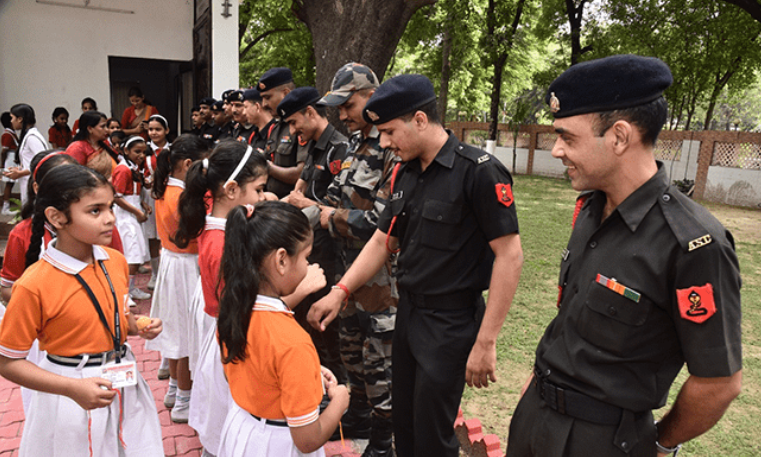
New Delhi: A large number of politicians, intellectuals and people’s organisations of Uttarakhand on Monday, January 17, got together to reject the politics of hatred, especially in light of the recent Dharm Sansad in Hardwar, in which a call was given to prepare for the massacre of a large population of minorities.
The protesters, who included prominent political leaders of the state such as Kashi Singh Airy, president of Uttarakhand Kranti Dal; Samar Bhandari of Communist Party of India; S.N. Sachan of Samajwadi Party; S.S. Sajwan of CPI(M); Indresh Maikhuri of CPI(ML) and Rakesh Pant of Trinamool Congress, had earlier given a joint call for protests against violence and hatemongering in Uttarakhand.
Along with members of various social organisations, such as Uttarakhand Mahila Manch, Uttarakhand Lok Vahini, Uttarakhand Loktantrik Morcha, Chetna Andolan, Uttarakhand Sarvoday Mandal, Jan Samvad Samiti Uttarakhand, Bharat Gyan Vigyan Samiti, AIDWA, AITUC, CITU Uttarakhand and Students Federation of India, they also had urged people to gather at their homes or in the fields on Monday and bang kanastars (cannisters), the way they are used to scare away animals, to “drive out the danger of hatred from the state”.
There were protests all across the state by a large number of concerned citizens. In keeping with the slogan of “Nafrat Nahin, Rozgar Do!” (“No to hatred, yes to employment”) and “Kanastar Bajao, Hinsa bhagao” (Bang the empty cannisters and pots, remove violence), the protesters raised slogans and carried placards to display their anger at the way the state was being pushed towards violence.
Protests were witnessed in Dehradun, Ramnagar, Haridwar, Chamoli, Nainital, Shrinagar, Bageshwar, Udham Singh Nagar and some other districts of Uttarakhand.
Speaking to The Wire, the state president of CPI, Samar Bhandari, said, “Uttarakhand had always been a peace-loving state, but since 2014 [the year the Narendra Modi-led BJP government came to power at the Centre] members and shops of minorities have been targeted.”
He added that over the past few years, “even in the mountain areas of Muni, Satpuli and Mussoorie, there have been several instances in which incidents involving the minorities took place. To protest against these incidents, we had constituted a Jan Hastakshep (people’s intervention) which includes political parties, individuals and some social organisations. So we have kept up the protests against such incidents targeting the minorities”.
However, Bhandari said, “The scale at which the BJP and the RSS and their affiliated organisations work is difficult to match. Also, the police and the civil administration remain under the pressure. They are afraid to act.” So, he said, they had decided to protest against the recent events in Hardwar.
The organisers of the protests noted with concern that in the Dharam Sansad organised in Hardwar in December “an open call for genocide had been made”. They added that “this programme also did not take place in isolation. In 2017 and 2018, for the first time in the state’s history, mob violence took place at several locations across the state. This trend repeated with mob violence in Roorkee and Nainital in October and November 2021. But the organisations involved in this violence faced no action”.
Recalling how it was “only after the Supreme Court’s notice to the state government that two of those involved in the Hardwar event have been arrested”, the protesters insisted that “once again this was done under weaker sections of the law”.
Pointing out that from retired defence officers to the country’s top security experts, all have condemned the Uttarakhand government’s lack of action on such incidents, the protesters said some retired police officials had also written an open letter to the state government “to send a message that not only minorities, but anyone who disagrees with the ruling party’s ideology cannot expect safety in the state”.
As such, throughout Monday through protests, the organisers raised four main demands:
“Organisations and individuals inciting mob violence and hate politics should be arrested and face stringent criminal proceedings under all applicable sections of the law; immediate implementation in the state of the July 2018 guidelines of the Supreme Court on mob violence; welfare and employment schemes for workers and youth must be implemented in full immediately; and rising unemployment as a result of the pandemic requires immediate steps from the government.”
This story first appeared on thewire.in






